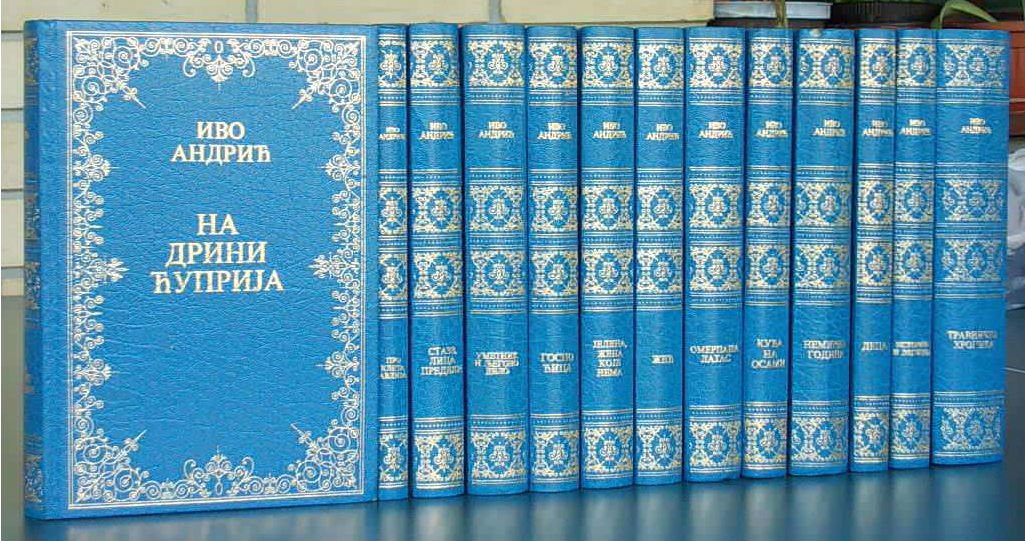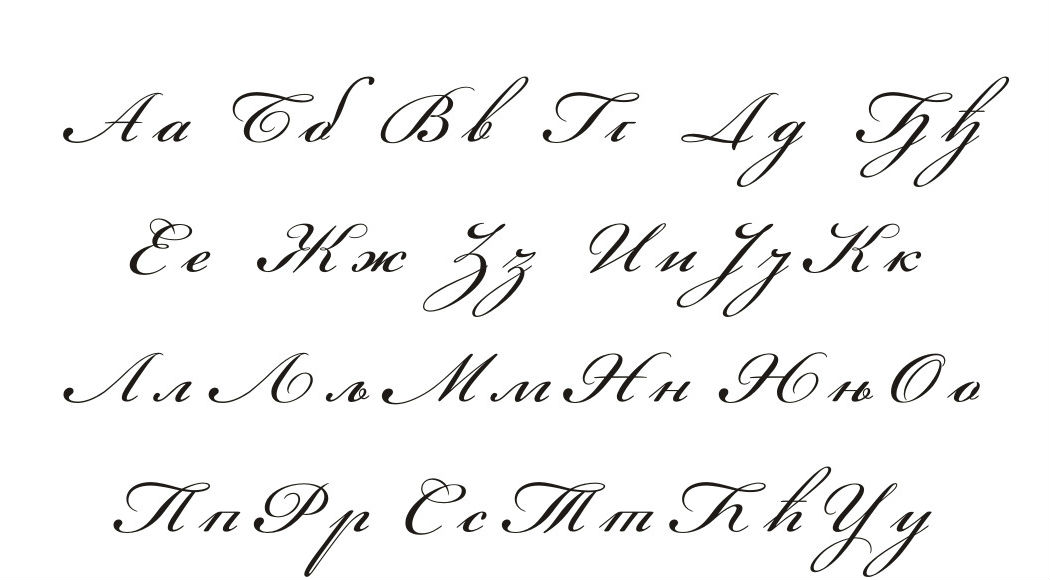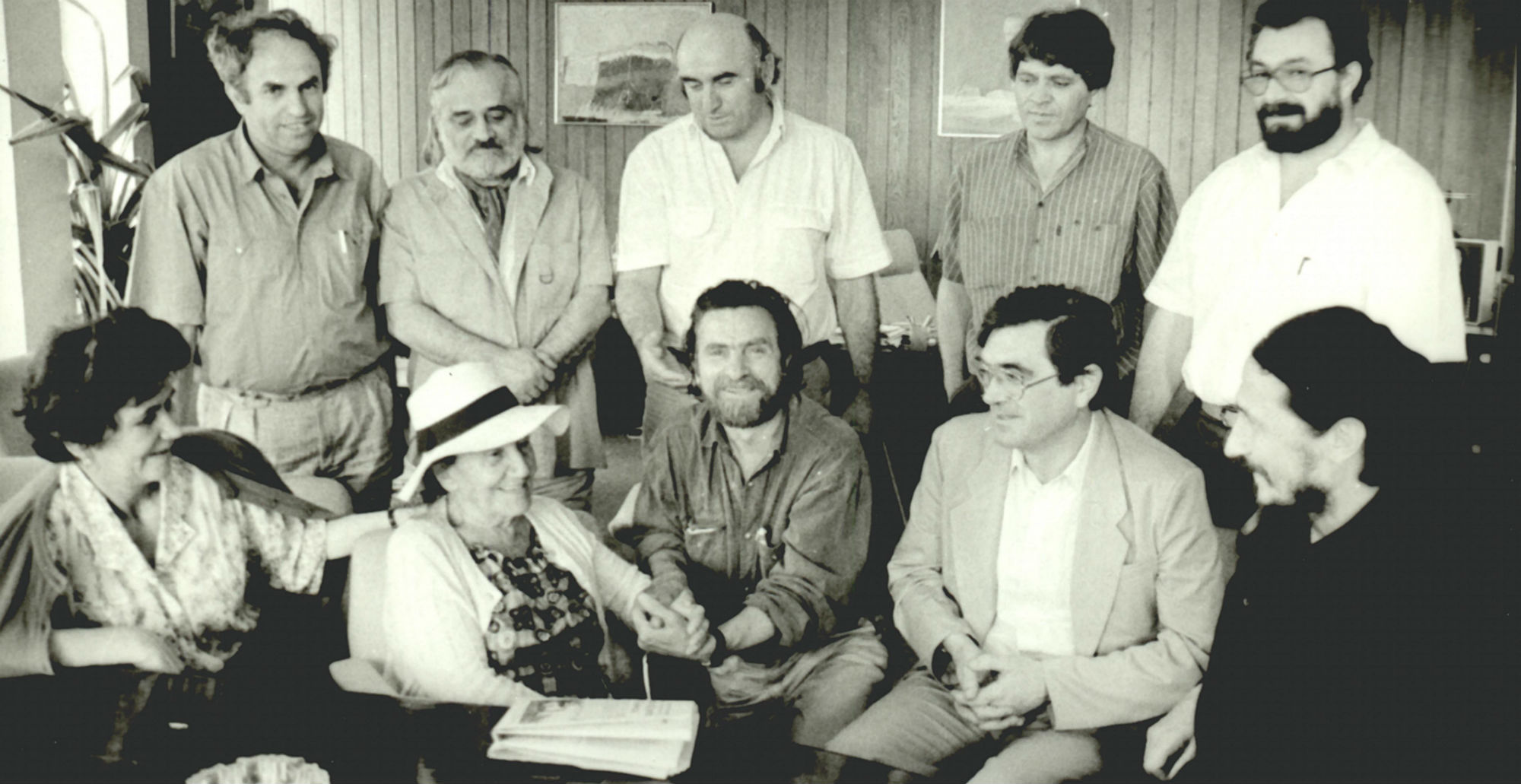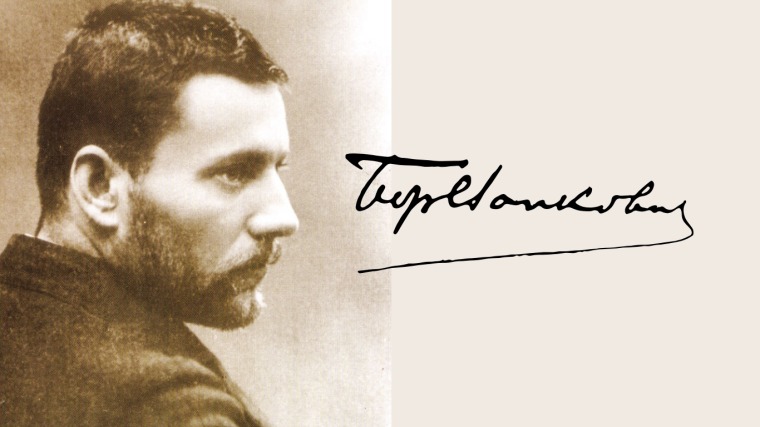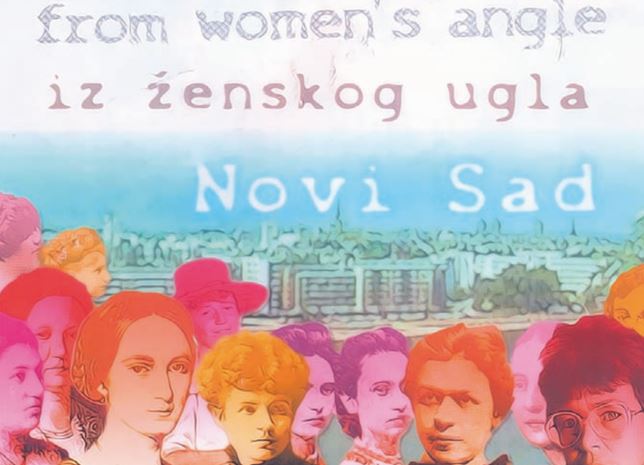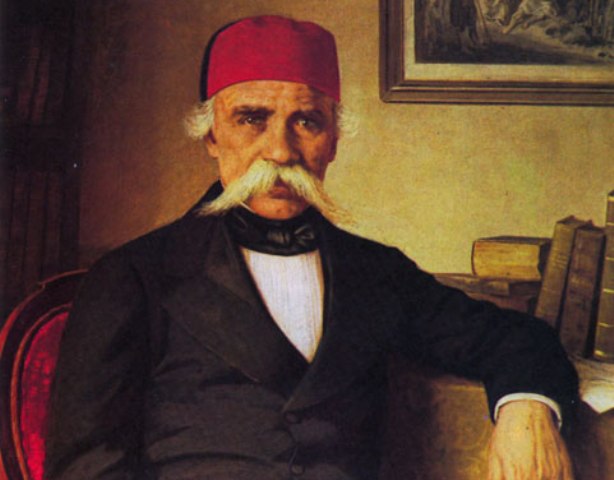Serbian literature is rich in prolific writers and poets whose pencils have written some of the finest literary achievements.
Starting with Miroslav’s Gospel, the first surviving document of Serbian literature that has found a place in the UNESCO library “Memory of the World”, to the contemporary works of great value and importance, this area of culture is marked by numerous literary masterpieces.
Notable works of Serbian medieval literature are: “Life of Saint Simeon,” “Hilandarski tipik” (Regulation for the monastery Hilandar) and “Nomocanon of Saint Sava” (known in Serbian as Zakonopravilo) written by the first Serbian archbishop – Saint Sava. Then there is a great poetic achievement of nun Jefimija “Praise to Knez Lazar”, followed by “Life of Despot Stefan Lazarevic,” written by Constantine the Philosopher, as well as the records of Stefan the First Crowned, Teodosije from Hilandar, Jelena Lazareva Balšić, Konstanstin Mihailovic and many others.
During Ottoman rule, the region has developed both epic and lyric oral literature of exceptional beauty. It has been verbally passed down from “one generation to another”. The best of them were sang and told by folk singers and story tellers who were accompanied by gusle (a single-stringed musical instrument). Thousands of long and short, both epic and lyric, poems have marked this period of Serbian literature. While the theme of epic poems is connected to the celebration of the Serbian victories during the rebellion, lyrical poems were mostly related to customs, rituals, love affairs and sorrow.
Vuk Stefanovic Karadzic was the first to record many of these songs in written form, and he was the author of some of the most important achievements in Serbian literature. His works that laid the foundation for the contemporary standard Serbian language are the first and second edition of the “Serbian Dictionary” and translations of “The New Testament.” This period was also marked by the exceptional literary works such as Njegos’s “Mountain Wreath” and “Kir Janja” written by Jovan Sterija Popovic, but also some of the most beautiful poems such as “Tell me, tell me”, “As I Thought of Dying”, “My Motherland”, “Evening” and others.
It is believed that the most famous works of the Serbian literature are those which were written by the most important Serbian writer of the twentieth century and the only Nobel Prize winner – Ivo Andric. “The Bridge on the Drina“, “Travnik Chronicle”, “The Woman from Sarajevo”, “Damned Yard”, “Ex Ponto” and “Signs Along the Road”, have been translated into several languages. In addition to Andric’s work, at the very top of the Serbian literary achievements are the following novels “The Dervish and Death” and “Fortress” writer by Mesa Selimovic, as well as “Ivkova slava”, “Zona Zamfirova” and “Priest Ćira and Priest Spira”, written by one of the mostly read Serbian writers – Stevan Sremac.
The greatest achievements in contemporary Serbian literature include the novels “Garden, Ashes” and “Hourglass,” which were written by Danilo Kis, “Golden Fleece” by Borislav Pekic “When the Pumpkins Blossomed” by Dragoslav Mihailovic, and legendary works of Dusan Kovacevic – “The Marathon Family”, “Balkan Spy” and “Roaring Tragedy” (also translated as Tragedy Burlesque).
This segment takes you to an interesting journey through the greatest achievements of Serbian literature!

